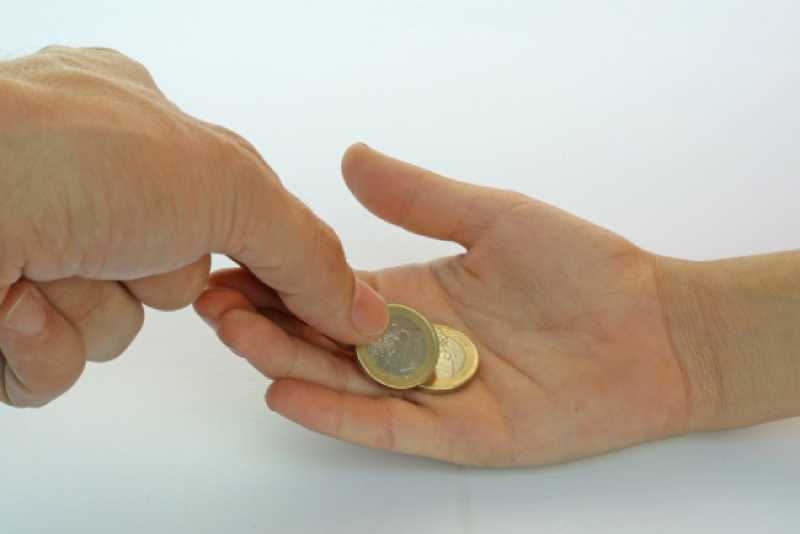Talking money to your child - the foundation for a golden future
The most enduring image of savings anywhere in the world is a piggy bank or a child’s money pot. It triggers instant images of pocket money and the thrill of cracking open a full money pot to deposit the savings in a bank account or buy a coveted bicycle or art supplies with it. Also, if I am to be honest, the disappointment of not having enough for a cherished dream. Sometimes, the child’s savings is converted into an inspiring message of generosity and humanity as we witnessed recently when some children in India gave their pocket money savings, collected over few years to Kerala Disaster relief – the children were between ages four and nine! That’s not just money. The amount represents little victories of these children over a long period of time, to resist temptation and focus on saving for a specific goal. According to a report by Cambridge University, children start to formulate habits as young as age seven. Therefore, the more parents can teach their children early on, the more they can learn from it and use it to create good habits later in life. That is one thing which parents in the Arab world are not always serious about. Our children are not taught fiscal discipline and by the time we sit to talk money with them, their habits of spending for instant gratification is set in their system. This is, sadly, particularly true of today’s parents who often replace parental time with gifts. The point is, even many adults are unable to follow a fiscal plan. I have heard so many parents proudly say that the first thing their son or daughter did, upon getting a job, is to apply for a car loan. Now that is understandable, given that Bahrain’s public transport system is still developing but what I fail to understand is that these youngsters are encouraged by banks and automobile companies to go for expensive luxury cars instead of starting with utilitarian cars that will be easy to purchase and maintain within a budget. (A “budget”? What’s that?) One of the first lessons that we learned as children in the Bahrain of the 20th century (it was just yesterday but seems so far away) was to live within our means, to aspire for better things and a better quality of life, yes, but understand that it would only be ours if we put in the hard work. Anything special that we needed had to be reasoned out with the parents, a way found to raise the money and only then did we get it. There was no regular pocket money – what our parents felt we needed we got and what we felt we needed was listened to and budgeted for. All this meant that the process was longer but the involvement meant that we understood the value of the desired object a hundred times more keenly. Younger generations in the Arab world are facing a savings deficit. What’s more, national pension schemes are being reorganized, which means today’s youth will face a tight financial situation when they retire. The state support and welfare system will also be truncated and we should all have a nest-egg to fall back upon. I would urge parents of today to prepare their children for a financially healthy future by teaching them the value of money, the need to save and spend wisely. Education is ultimately the most powerful tool when it comes to money and the earlier we begin the better it will be for our kids.
Related Posts

